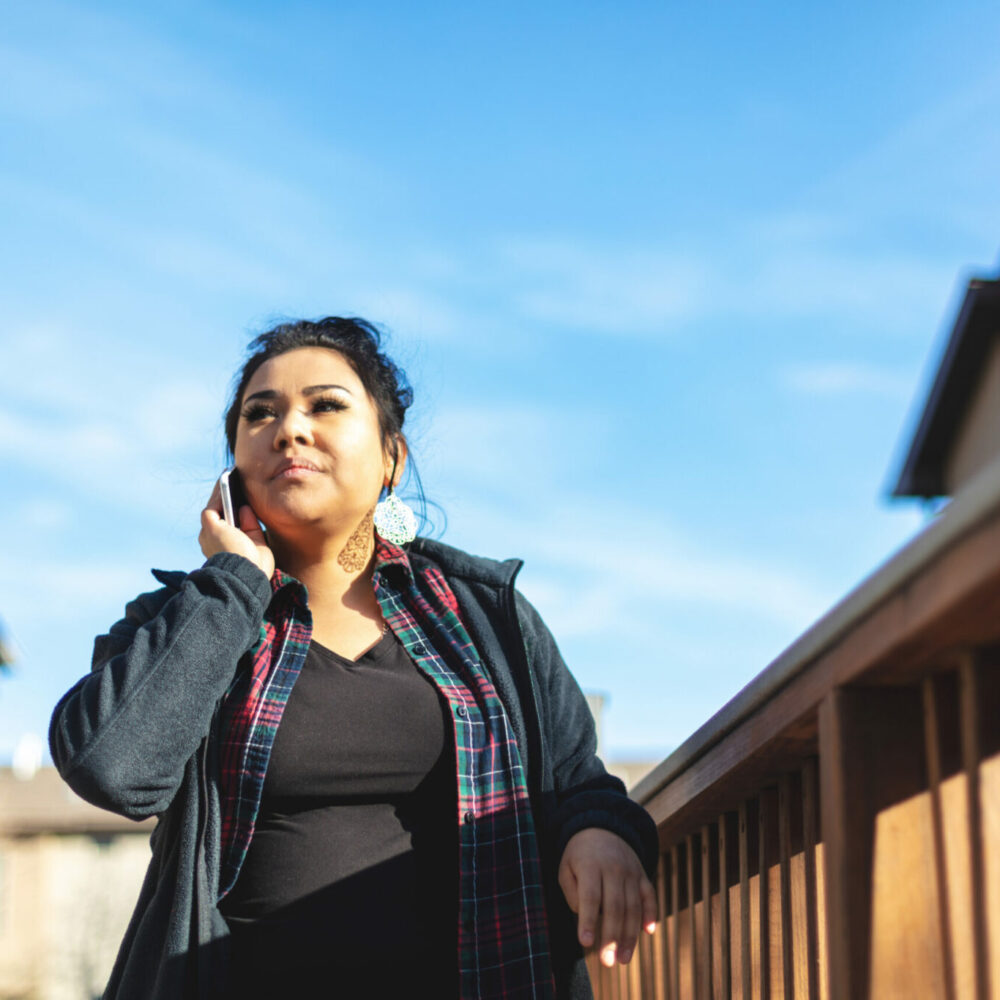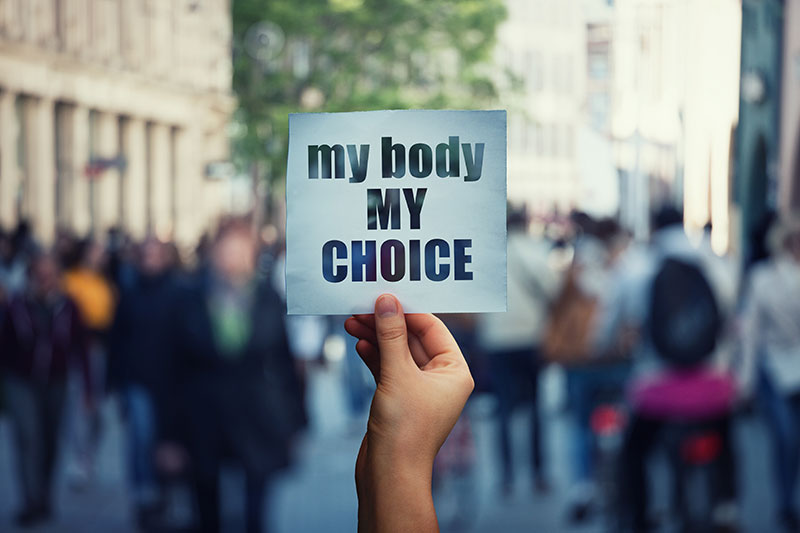FOR IMMEDIATE RELEASE: November 17, 2021
CONTACT: Terrelene Massey, Email, 505-244-0502
ALBUQUERQUE, NM – The Southwest Women’s Law Center (SWLC) and the Paid Family & Medical Leave (PFML) Coalition have released the results of a recent poll showing a large majority of New Mexicans are supportive of a state-administered Paid Family & Medical Leave program.
Since 2016, the PFML Coalition, convened by the SWLC, has worked with legislators to advocate for the passage of the Paid Family & Medical Leave Act (PFMLA). In 2021, PFMLA was sponsored by Representatives Christine Chandler, Patricia Roybal Caballero, and Linda Serrato. The PFMLA would establish a Paid Family & Medical Leave Trust Fund to be administered through the NM Department of Workforce Solutions. The PFML Trust Fund would be supported through employee and employer contributions and provide up to 12 weeks of compensation for a qualifying event. Qualifying events include:
- Bonding with a new child
- Managing a serious health condition requiring treatment by a medical provider
- Caring for a family member with a serious health condition
- Exigencies arising out of family member being on active-duty military service
- Certain events related to domestic violence, sexual assault, or stalking
SWLC, on behalf of the PFML Coalition, commissioned Change Research, a public opinion polling company, to conduct an online poll of 750 registered voters statewide from October 10-13, 2021, using its Dynamic Online Sampling to attain a sample reflective of the electorate.
The polling data clearly shows that NM voters of all types strongly support a proposal for 12 weeks of paid leave and will support legislators who vote to pass such a proposal.
Key findings from the survey include:
- More than three-quarters (77%) support the creation of a family and medical leave insurance program that would ensure up to 12 weeks of partially paid leave for employees to welcome a new child, care for a family member with a serious health concern, or to manage their own serious health condition. A majority (55%) strongly support this program while only 18% are opposed.
- This proposal is supported by every group in the electorate regardless of gender, age, ethnicity, political party, or region of the state.
- When voters hear that the cost of this program to workers would be only $2 to $6 per week, support expands to 81%.
- Elected officials who support this proposal will strengthen their position with voters and will undermine it if they vote against it. Overall, 55% of voters say they would be more likely to vote for a candidate for elected office who supports this proposal. Just 18% indicate they would be more likely to vote for someone else. Likewise, a majority (55%) say they would be more likely to vote for someone else if a candidate opposes this proposal.
- Among respondents who identified as self-employed, contractors, or business owners, 71% are supportive of establishing a state-administered Paid Family & Medical Leave program.
It is clear from this polling data that New Mexico voters are overwhelmingly supportive of the passage and implementation of the Paid Family & Medical Leave Act. It is time for the legislature and the Governor to act to ensure that New Mexico workers no longer face the loss of their livelihood due to a health condition or family caregiving responsibilities.
###
Review Paid Leave Poll: New Mexico Voters
Download PDF Press Release
The Southwest Women’s Law Center (SWLC) is a non-profit legal advocacy organization founded in 2005. The Center is based in Albuquerque, New Mexico and serves women in the entire state.





